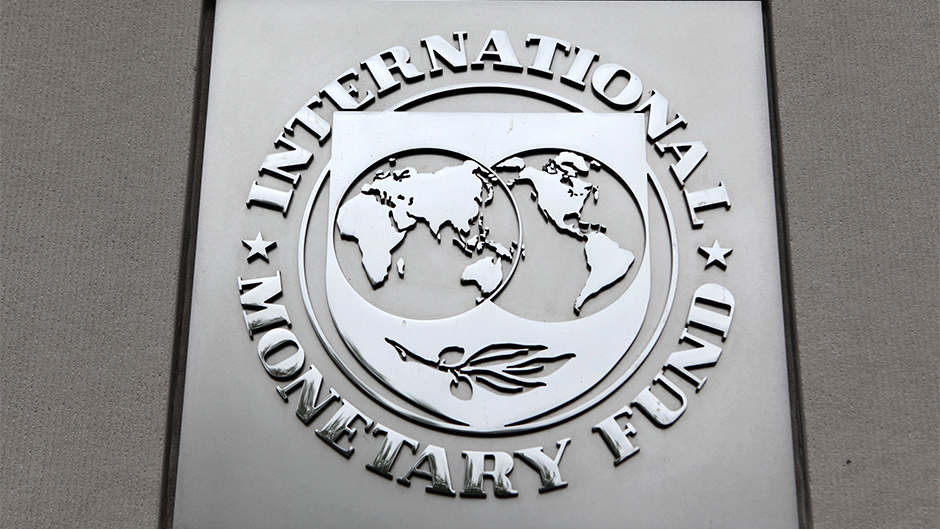
A USD 361 million loan which the International Monetary Fund (IMF) approved for Bosnia and Herzegovina to help address the novel coronavirus crisis, will remain frozen due to internal political bickering.
The Council of Ministers was expected to adopt a formal decision on the absorption of the loan on Tuesday after the IMF approved the lending the day before. However, an agreement could not be reached during a government phone conference on Tuesday over how the money would be divided in the country.
The decision would have enabled the money to be available on Wednesday already.
The Council of Ministers later informed that a decision to activate the approved loan was not reached because Bosniak ministers had some objections.
Bosnia's Finance Minister Vjekoslav Bevanda said that Bosniak ministers from the ranks of the Party of Democratic Action (SDA) had rejected the ministry's proposal for the decision on loan absorption and they insisted on the country's loan legislation to be implemented, which Bevanda said was "unacceptable and unfounded" because this is not a classic loan but a loan approved as emergency relief.
Bosnia's Foreign Minister (SDA) Bisera Turkovic said however said that Bevanda's proposal was not in line with what was written in a Letter of Intent sent to IMF, suggesting that this case was similar to previous conflicts over the loan. The problem lies in how the decision will treat the position of cantons in the Federation entity and their obligations to repay the loan, she added.
Croat and Bosniak officials had previously conflicted over how much and in what way money from the loan would be allocated to cantons which delayed the entire process.
The IMF approved the 361 million dollar loan with a symbolic interest rate of 1.05 percent and a repayment period of 39 months. The money was to have been divided between the two entities, 62 percent for the Federation entity and 38 percent for the Republika Srpska entity. The Federation entity had proposed that half the money remains with the entity government and the other half would be distributed among cantons depending on population numbers in each canton.
Each entity would also be obliged to allocate 0.5 percent of its quota to finance the Brcko District as a special administrative-territorial unit.
Kakvo je tvoje mišljenje o ovome?
Učestvuj u diskusiji ili pročitaj komentare





 Srbija
Srbija
 Hrvatska
Hrvatska
 Slovenija
Slovenija







